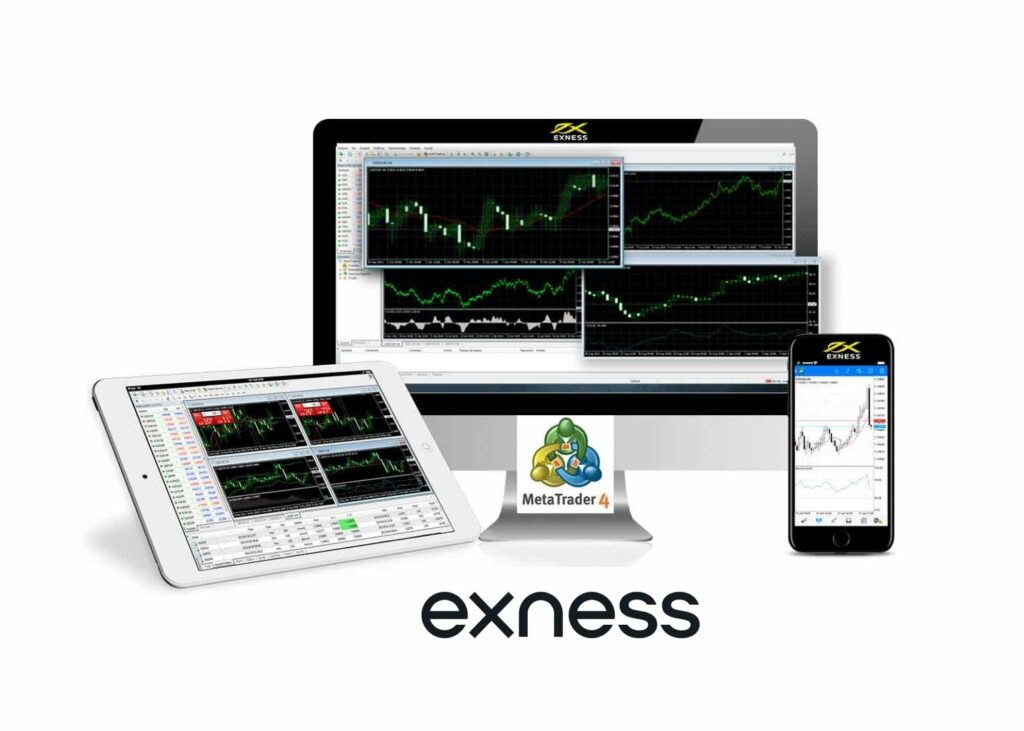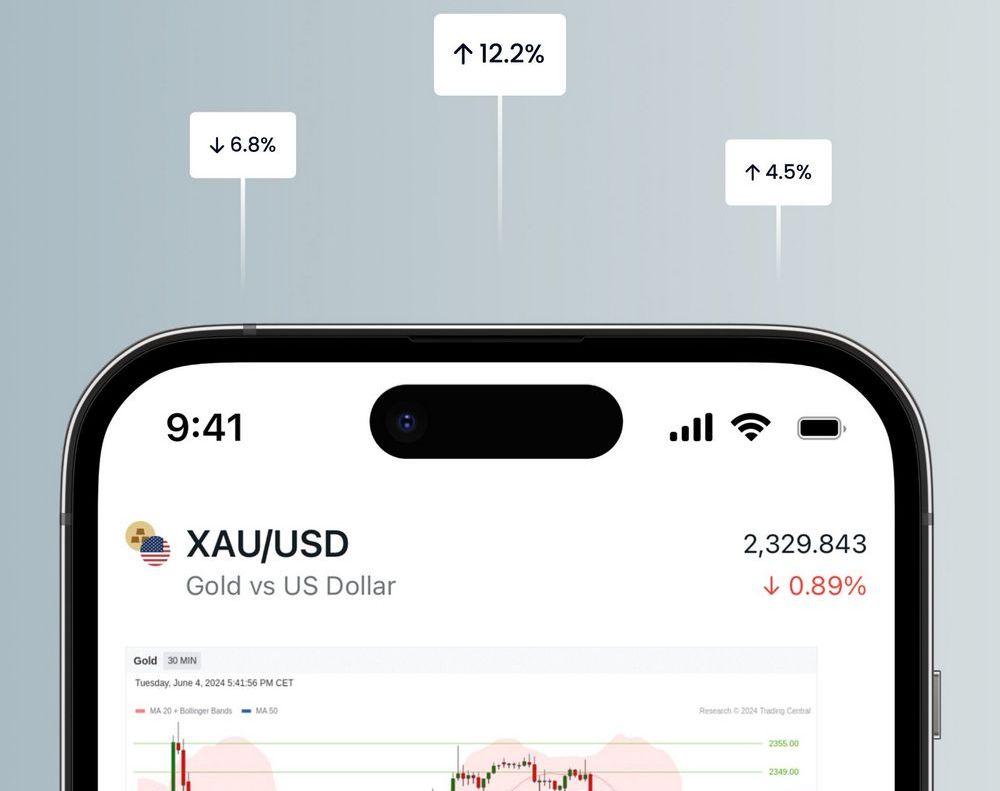
How Much is Exness Spread and Commission?
Trading costs are vital for forex traders. They are affected by spread and commission. Traders want to know about Exness’ spread and commission to understand the trading costs. We want to help traders by looking at the question: “How much is Exness spread and commission?” This includes understanding Exness’ pricing model, spread and commission rates, and factors that affect these costs. Our goal is to give traders a full understanding of the financial impact of trading with Exness.
Spread and commission are important in forex trading. They show the costs of making trades. Spread is the gap between the buying and selling price of a money pair. A commission is a fee charged by the broker for doing trades. These costs decide how much trading will cost and can change how much money a trader makes. Traders want to know the spread and commission rates from brokers like Exness to see if trading with them is worth it.
Understanding Spread and Commission
Knowing spread and commission is really important for forex traders. It influences trading costs and how much money you make. Spread means the gap between the selling and buying prices of a currency pair. It’s how brokers like Exness make money, without any extra fees. A smaller spread means lower costs, which is better for traders. But a larger spread can reduce your profits.
Brokers charge commission for trading. This is different from spread. Spread is part of the trade price. Commission is an extra cost. It is usually a fixed amount or a percentage of the trade value. Some brokers, like Exness, give the option of no-commission accounts. Here, trading cost is only the spread. But, if traders choose accounts with lower spreads, they might have to pay commission. The commission amount can change based on the trade type, account, and volume. Traders need to know about both spread and commission. This helps them calculate total trading cost and pick the right broker and strategy.
Exness’ Spread and Commission Model
Exness uses a clear and fair spread and fee plan made to give traders cheap access to the forex market. The broker has different account types, each with its own spread and fee setup to meet the different needs of traders.
Exness gives two kinds of accounts: one with no commission and one with lower spreads but with a fee. Traders can pick the account that fits their way of trading. Also, Exness has good rates that compete with others in the business, helping traders to trade without spending too much. Traders can also use the Exness calculator to easily estimate potential profits, costs, and margin requirements based on their chosen trading parameters.
Exness sets prices based on how much trading happens and the type of account used. The company wants to give clear prices with no secret costs, so traders can know the real price of trading. By giving good spreads and fees, Exness wants to make trading better for traders, while still being open and fair.
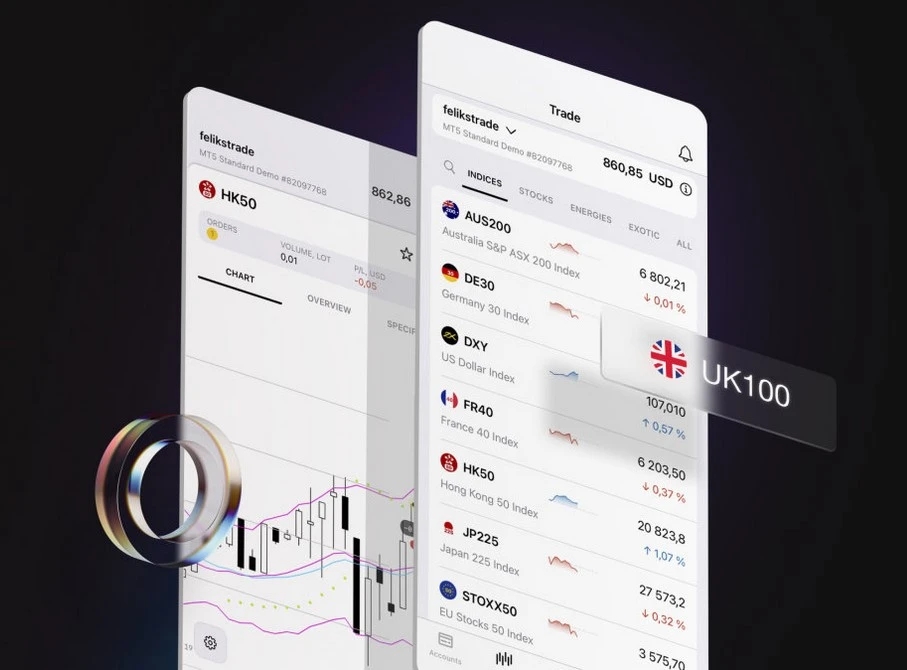
Factors Affecting Spread and Commission
Many things affect how much brokers like Exness charge traders for trading. Traders need to know these things to see if a broker’s charges are fair and to make good trading choices. Here are some important things that can change how much traders have to pay:
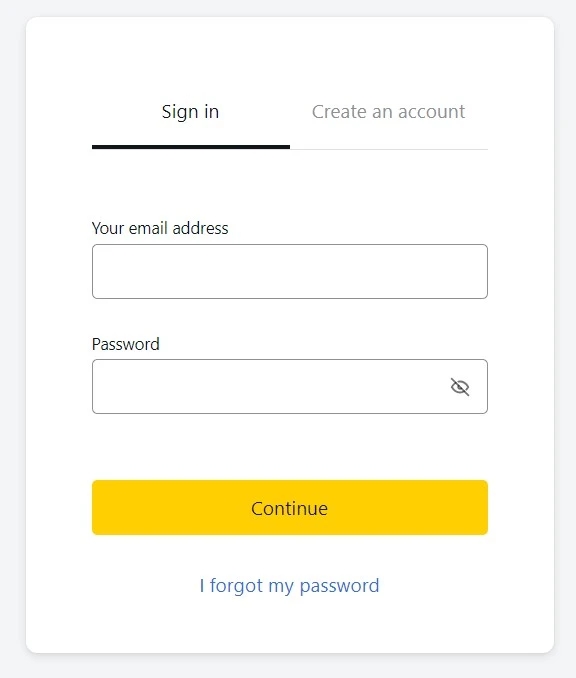
- Market Volatility: Prices rise and fall a lot when the market is wild. Brokers, like Exness, often increase the rates they charge to handle this risk. They do this to keep things in order when people trade.
- Liquidity: How easy you can buy or sell something can change how much you pay to do it. Things that are easy to buy or sell usually cost less to do so. Highly easy-to-buy things like money pairs have low costs compared to things that are not easy to buy.
- Account Type: Traders pick an account kind for trading. This choice can change spread and commission rates. Exness provide different account types with various spreads and commission setups. Traders can pick the best one for their trading style and goals.
- Trading Volume: Active traders may get lower trade costs. Exness and similar brokers give discounts to encourage more trading and reward loyal users.
- Market Conditions: Changes in money stuff, world politics, and what central banks say can affect how much it costs to trade. This can happen because of what people feel about the market and how much they are trading. Companies like Exness might change how much they charge to trade when the market changes. This is to make sure that the trading is good and fair for the people who use their service.
These things work together to decide how much brokers like Exness charge for trading, affecting the cost for traders.
Typical Spread and Commission Rates
Exness charges different fees for trading. The fees depend on many things like what you trade, the type of account you have, and how much you trade. They want to offer good prices to traders, so they try to keep their fees low. Let’s look at what traders can expect from Exness.
- Commission-Free Accounts: Exness gives no-charge trading accounts. The cost of trading depends only on the spread. The spread rates on these accounts can change based on the money pair and market state. Big money pairs like EUR/USD and GBP/USD may have small spreads. But, rare money pairs and less liquid tools may have bigger spreads.
- Commission-Based Accounts: Traders who want smaller spreads can choose Exness for commission-based accounts. They pay a set fee per lot along with the spread. The rate can change based on account type, trade volume, and currency pair. Traders using these accounts can have lower trading costs, especially for big traders.
- Variable Spread Accounts: Exness’ changing spread accounts give different spreads that change with market. The usual spread rates on changing spread accounts can change during trading day. Spreads can get smaller when lots of people are trading and get bigger when not many people are trading or when market is not stable.
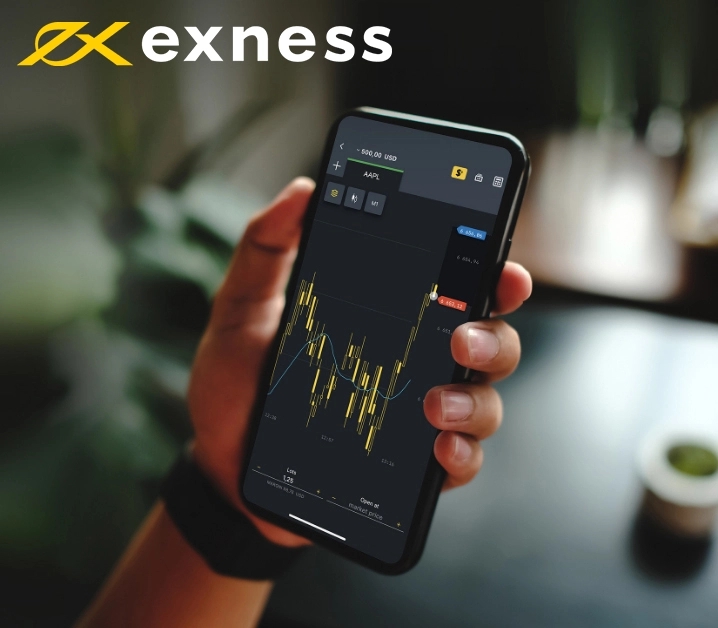
Exness wants to give fair prices on different account types, so traders can pick the best one for their style. There are lots of account types with different costs, so Exness can help all kinds of traders and keep trading fair and good.
Conclusion
Knowing how much it costs to trade at Exness is important for traders. They can then decide what is best for them. Exness offers good prices for different types of accounts. This helps traders who want different things. They may want accounts with no commission or accounts with commission. Exness wants to make sure that traders know all the costs and the prices are fair.
Exness wants to help all traders. They have different account types. These have different spreads and fees. This helps all traders. Traders can pick what suits them best. They can choose tight spreads or lower fees. Additionally, traders from various regions can explore trading options as Exness operates in many supported countries, ensuring accessibility and compliance with local regulations. Exness is clear about prices. They want to give traders a good and easy trading time.
Explore our latest posts to level up your trading experience.
- How to Use the Exness Trading PlatformThe Exness trading platform provides a powerful and user-friendly interface that allows traders to access various financial markets, execute trades, and manage their accounts effectively. Whether you are a beginner or an experienced trader, understanding… Read More »How to Use the Exness Trading Platform
- How to Protect Your Exness AccountCreate a Strong and Unique Password A strong password is the primary defense against unauthorized access to an Exness account. Weak or simple passwords are vulnerable to being guessed or cracked by malicious actors. To… Read More »How to Protect Your Exness Account
- Exness User Interface OverviewDashboard and Market Overview Upon logging into the Exness platform, the Dashboard is the first screen traders see, providing a quick overview of their account’s status and the market conditions. Account Information At the top… Read More »Exness User Interface Overview
Feel free to peruse all our posts about online trading for a comprehensive experience.
